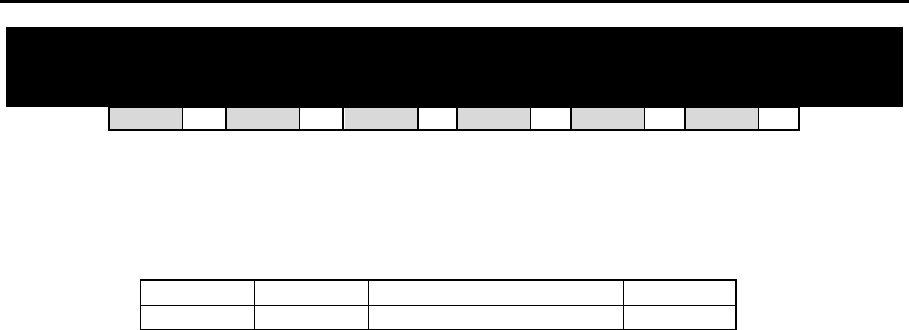
DCS MMC PROGRAMS
COMBINED PROGRAMMING MANUAL NOVEMBER 2001
MMC 601 (Page 1 of 3)
MMC: 601 ASSIGN STATION GROUP
DCS
33
CI
33
CII
33
816
33
408i
33
408
33
Assigns stations to groups. This provides more flexibility, for example, if using Uniform Call Dis-
tribution (UCD/ACD), AA GROUP and VM/AA applications. A station, common bell, and ring page
can be in more than one group, but must all be the same ring type. The maximum members per
group for each system is:
DCS 816 Compact I/Compact II 408/408i
48 16 30 8
Note: A device for announcement, if used, must provide a hookflash and return the call to the group.
UCD GROUPS
Maximum number of UCD groups that can be programmed is as follows.
DCS:10, created from last 10 station groups (520–529)
Compact I—10, created from any station group (501–529)
Compact II – 5, created from the last 10 station groups (510–519)
816 – 3, created from the last 3 station groups (507–509)
GROUP TYPES
0 NORMAL GROUP
1 VMAA GROUP* Can only have distribute or sequential ringing
2 UCD GROUP* Has wrap-up capability
3 AA GROUP* Can only have distribute or sequential ringing
4 CADENCE* Can only have distribute or sequential ringing
(* Options not available on 408/408i systems)
Other possible entries for DCS systems only are:
3801–3820 COM. BELL This device is a common bell relay on a Trunk A card.
3601–3640 RING PAGE This device is ring over an external page zone output of a Trunk A
card.
FEATURE KEY
0 TYPE Group type (Normal, VM/AA, UCD, AA)
1 RING Ring mode (see Ring Modes, below)
2 OVERFLOW Overflow time
3 GRP TRSF Group transfer time
4 NEXT PORT Overflow port
5 MEMBER Group member (e.g., station 202)
RING MODES
0 SEQUENTIAL The first idle station listed in the group will ring. If the first is
busy, the next idle station will ring.
1 DISTRIBUTE The first call will ring the first station listed in the group. The next
call will ring the next station listed in the group.


















